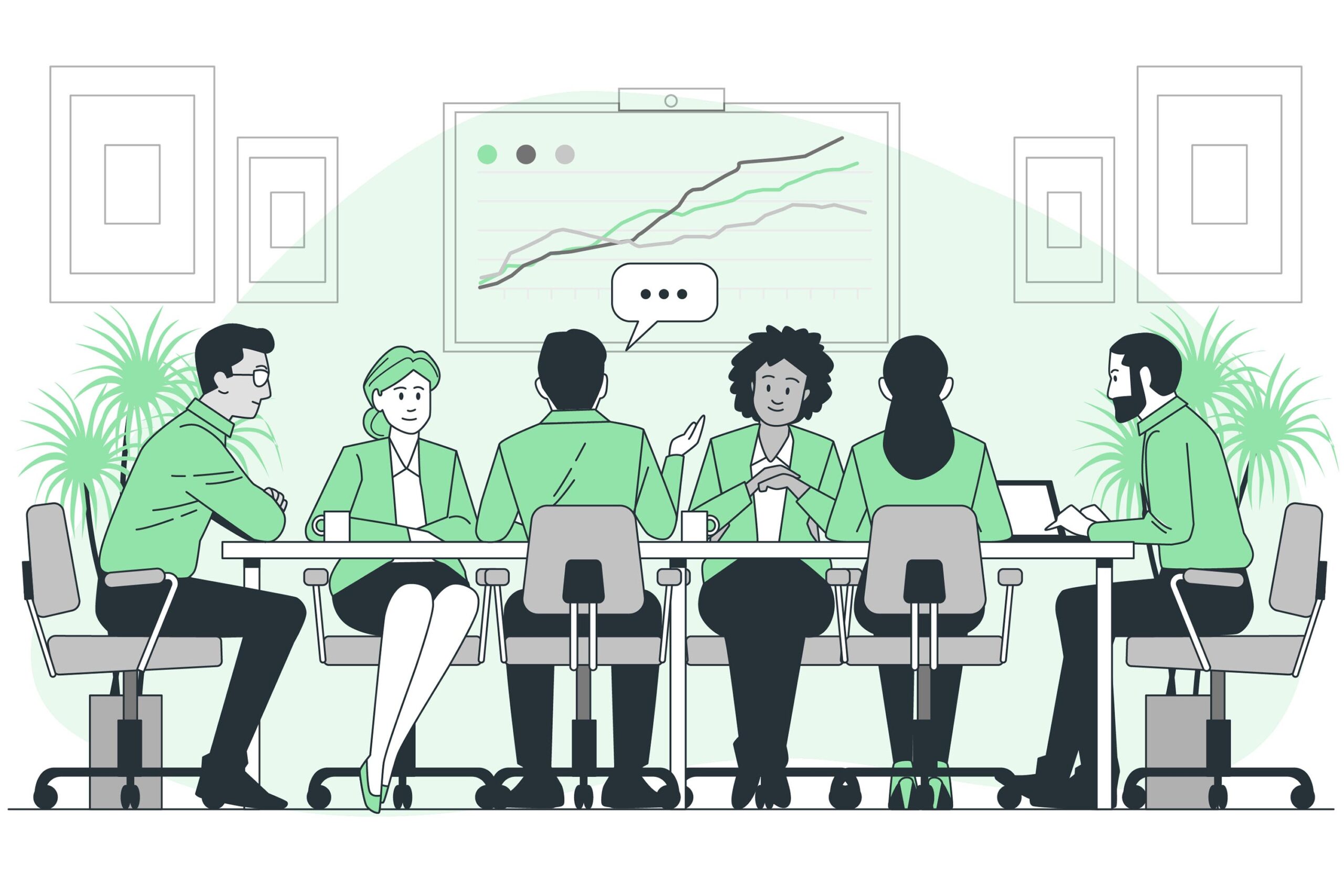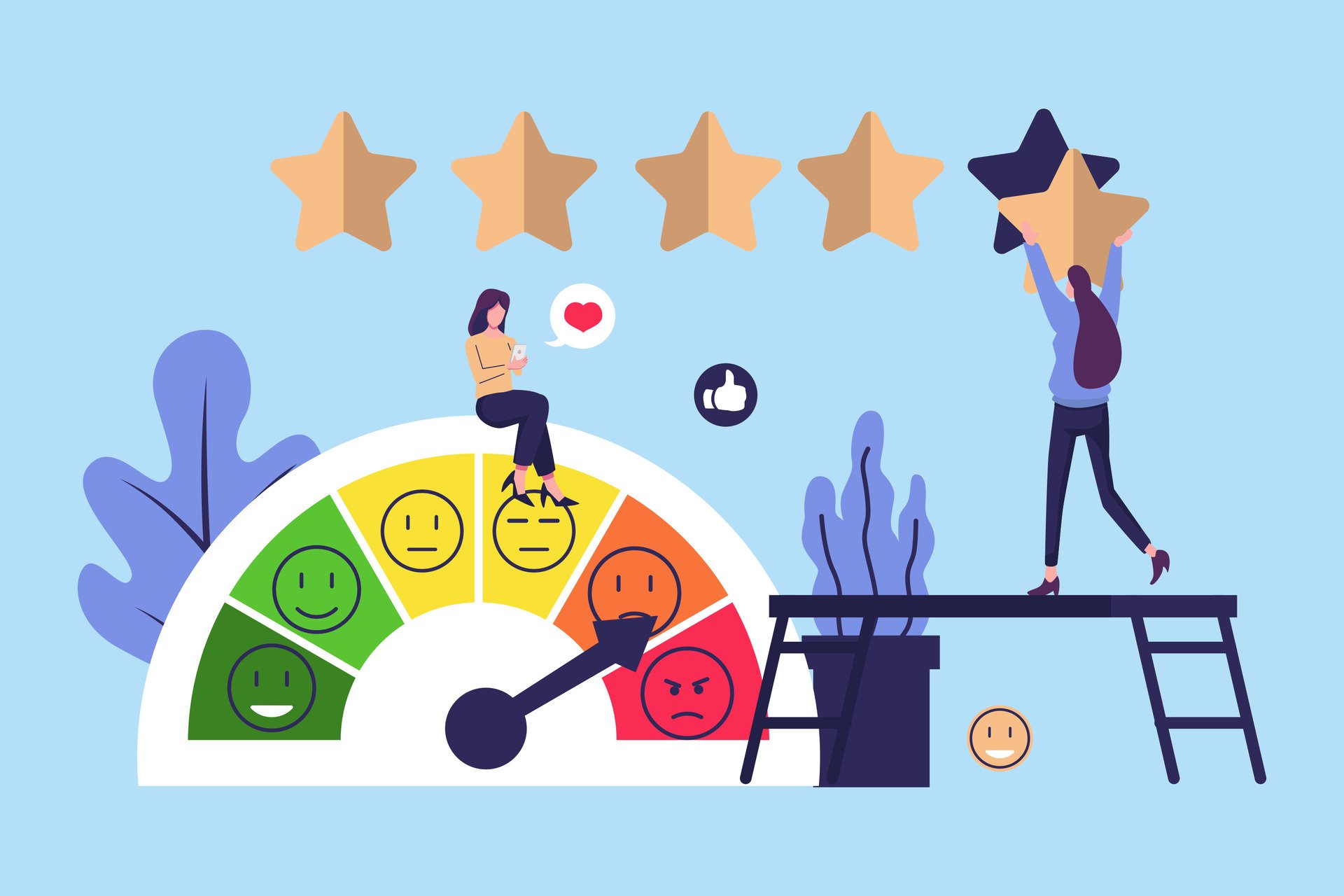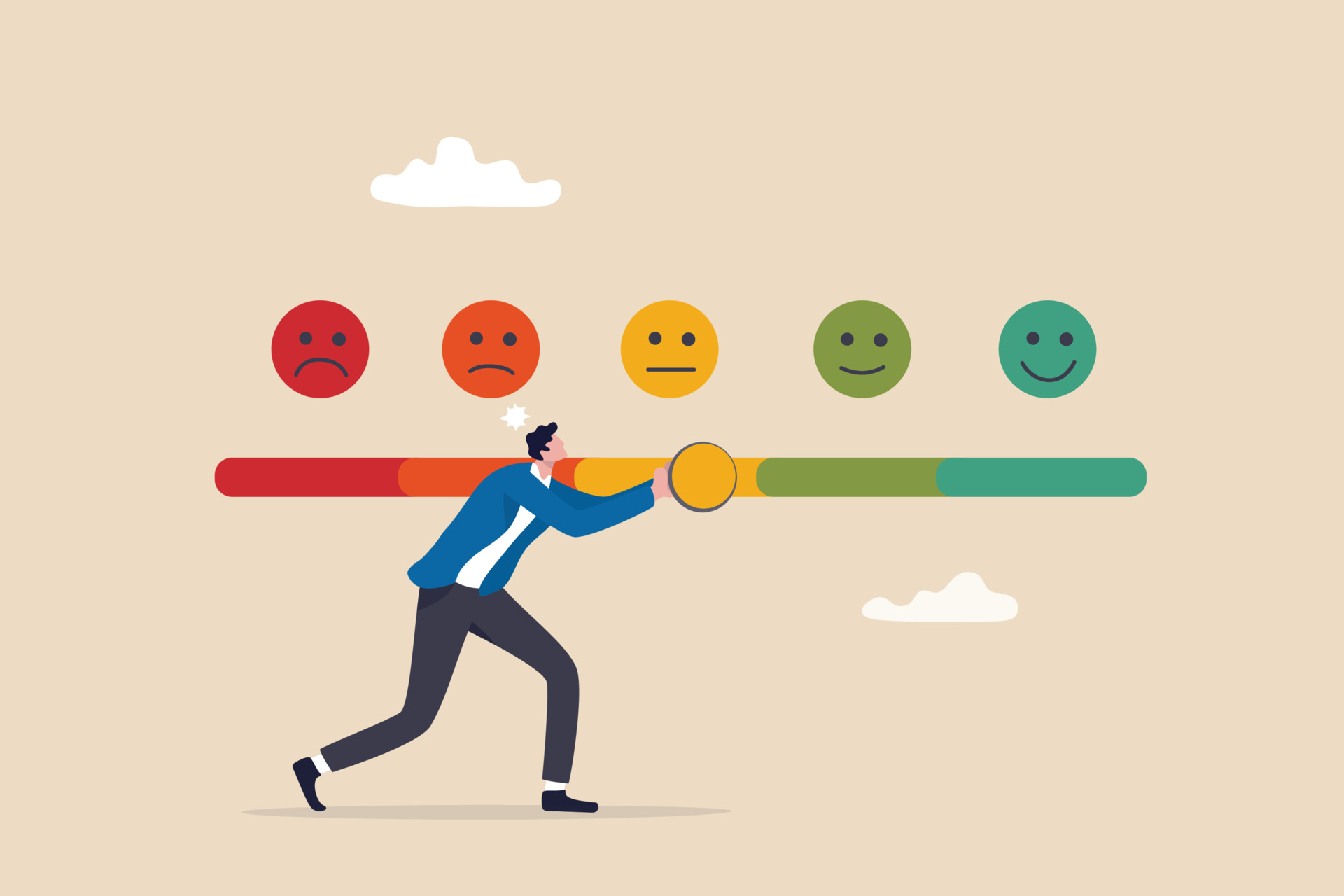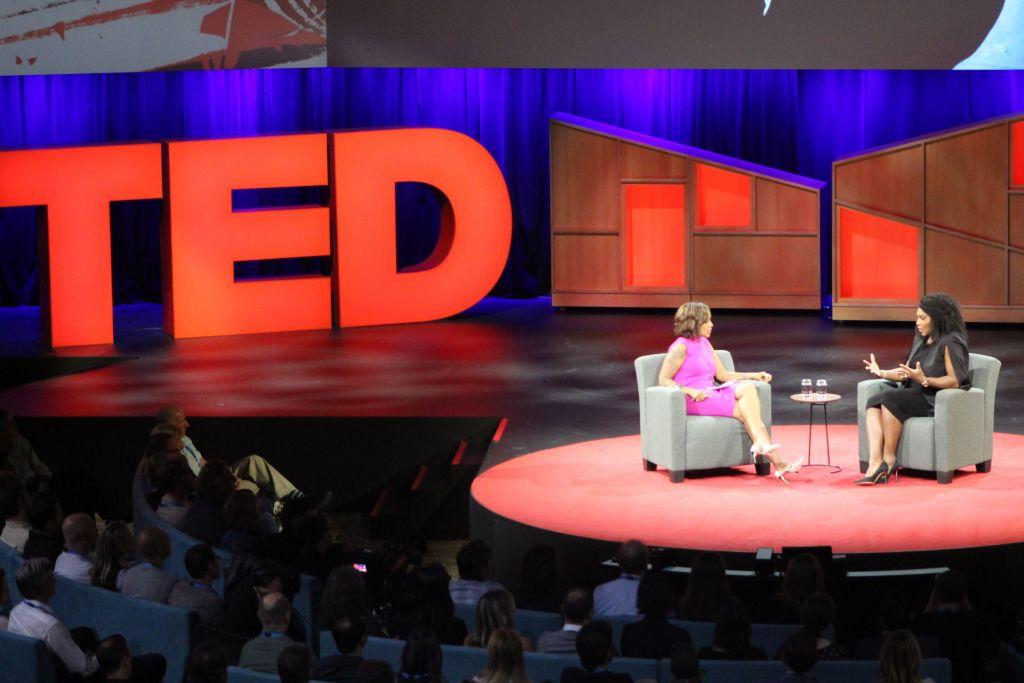Wherever you work from, you probably ought to improve your workspace. I have a home office that, at first, I could just never seem to get anything done at. It was a space I specifically allocated for work, so it made no sense as to why I couldn’t just sit down and get it done. I never felt focused there. We’re so controlled by our subconscious and our environment and we don’t even realize it. The smallest changes in our environment can change our mood and brain function, causing us to lose productivity. Luckily, we can take back some control with just a few small changes to improve our workspace.
Here are some tips that have really helped me improve my workspace and my concentration no matter where I’m working.
For a short preview check this video out!
1. Be a desk minimalist to improve workspace
Most workspaces are naturally a mess, especially if you’re in a creative field. However, a few loose papers and piled up folders can be a lot more distracting than you think. Every piece around you, no matter what it is, translates to more information that your mind has to filter through in order to maintain focus on a task. It forces you to be mindful of it, intentionally or not. Removing even a few basic items you may think aren’t necessarily distractions, can help free up some cognitive space to focus on what you need to. Author and productivity expert David Kadavy suggests going to the extreme if you can, and work facing a blank wall to eliminate any visual distractions.

2. Get the right music choice down
For a lot of people, music is key to productivity and working through long periods of time in the same place. This is great, but your music choice may play a bigger role in your ability to focus than you think. Studies suggest that songs with lyrics can actually distract us from work because our brain concentrates on interpreting the lyrics, rather than focusing 100% on the task at hand. Music for work should be like an (enjoyable) white noise that helps you keep a good rhythm and block out the outside world. Try to pick something that doesn’t require concentration on lyrics or excessive emotion. Natural sounds are also said to promote relaxation and concentration.

3. Get the notifications under control
Notifications are great for when you’re out on the run and need to keep up with what’s happening back at the office or with clients. Other than that, they’re a huge productivity killer you should try to minimize as much as you can. Even a simple notification like a text message can make you three times more likely to make a mistake on the task you’re working on. Not only does it waste time, it can decrease the quality of your work in just a few seconds. Turn off all notifications and schedule a reminder to check email or messages only twice a day. You won’t need more than that.
4. Compartmentalize to improve workspace
We’re better at different types of work in different spaces. Sometimes, doing different tasks in the same workspace can hinder your ability to concentrate properly for different types of work. If you can, determine the different tasks you have to do throughout the day. For many people, this may vary between creative/brainstorming work and menial tasks like filling out spreadsheets and replying to emails. Compartmentalize where you do these tasks by switching locations depending on what you’re working on. You may want to do more creative work in a stimulating place like a cafe, and leave the menial tasks for your desk, where you can bust through it. Compartmentalizing will help put you in the right mental place for each task and help you feel more organized.
These tips helped me improve my workspace in my home office from just another desk into my own personal productivity haven. It’s amazing how simple changes to the space around you can affect how your brain functions. So help it out by trying a few of these tips.
Now you’ve got your own productivity sorted, get your team collaboration on the same track. Get your entire team focused and communicating efficiently with Hibox, a task management platform with built-in chat and file-sharing.




